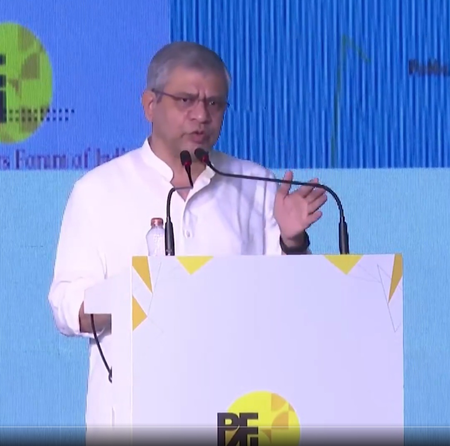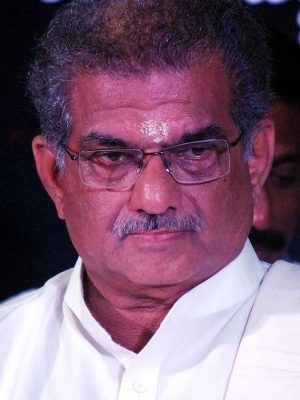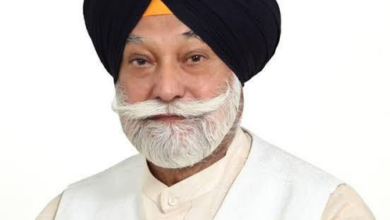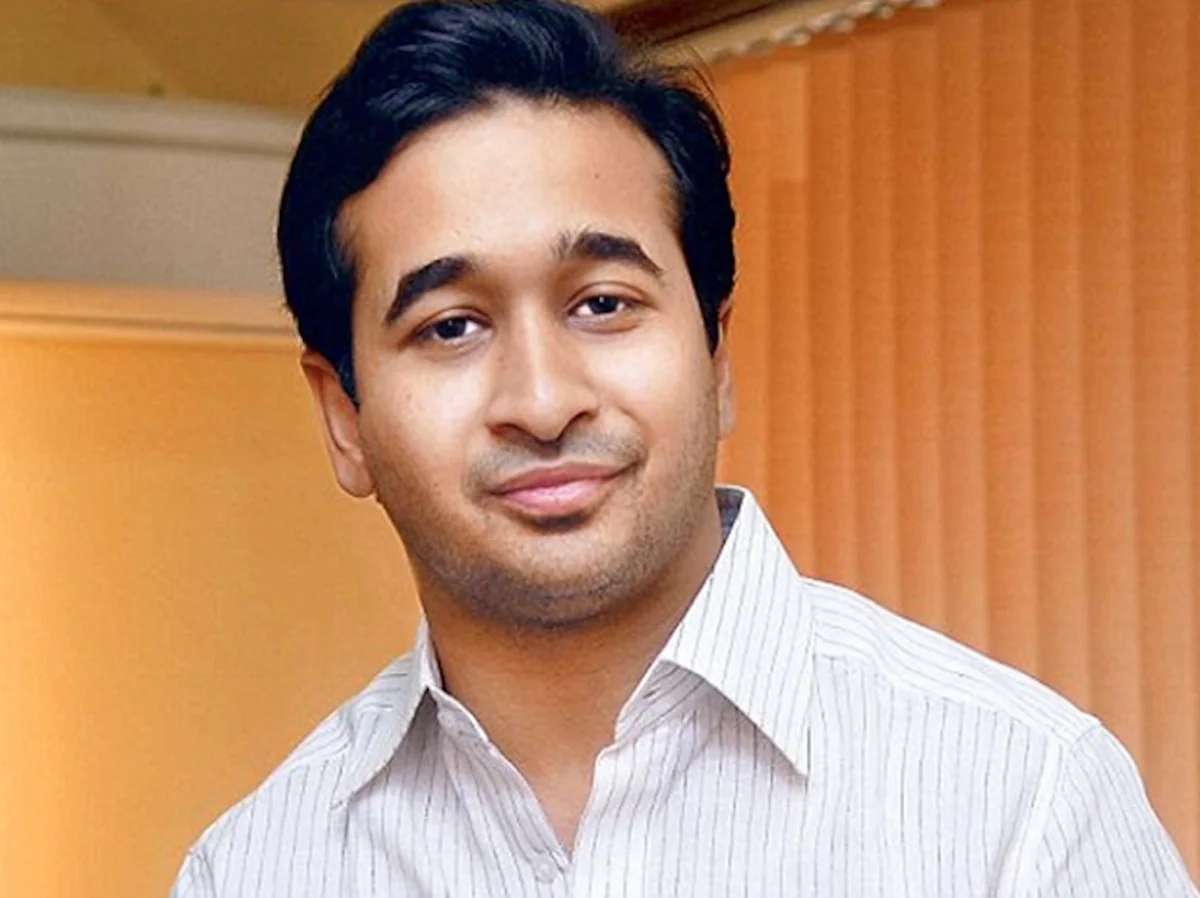Global confidence in India is rising amid next-gen reforms: Ashwini Vaishnaw

New Delhi, Sep 18 : Global confidence in India is rising, and next-generation reforms such as the recent GST restructuring and the rapid expansion of India’s digital infrastructure are enabling stronger domestic and international partnerships, essential for achieving the vision of a developed India by 2047, Union Electronics and IT Minister Ashwini Vaishnaw said on Thursday.
Addressing the Public Affairs Forum of India (PAFI) event here, the minister underscored India’s growing role and aspirations in the evolving multipolar world order.
“India’s growth story is not just consistent; it is accelerating with greater confidence. We are moving from a 95 per cent to a 98 per cent confidence interval on growth, with inflation under control and a nominal growth trajectory of 9-13 per cent,” Vaishnaw told the gathering.
India’s achievements in semiconductors – from producing ‘Made in India’ chips to designing world-class 2 nanometre technology — demonstrate global confidence in our capabilities, he mentioned.
Simultaneously, reforms in income tax and GST, coupled with strong capex and talent development, are driving a virtuous cycle of consumption, investment, and employment.
“These foundations ensure that India’s growth story is both resilient and transformative,” the minister noted.
Vaishnaw further highlighted India’s continued rise as a trusted global partner, attributing this momentum to sweeping policy reforms in deregulation, digitisation, and investment facilitation.
He mentioned that two more semiconductor plants will soon start operating, further solidifying India’s position in the global chip manufacturing ecosystem, including the production of machines and materials for chips.
This comprehensive approach, he stated, is a “complete product end-to-end” validation of India’s capabilities, attracting global confidence.
He also highlighted the ambitious “Telecom 100 labs” initiative and the expansion of the semiconductor talent development program, mentioning the 28 student-designed chips presented to Prime Minister Narendra Modi recently.
Addressing the critical role of infrastructure, Vaishnaw, who is also the Railways Minister, further detailed the three major areas of capital expenditure in railways.
He highlighted a significant improvement in safety, wherein accidents reduced from 170 to 31 per year, backed by an annual investment of Rs 34,000 crore.
The minister showcased the new generation of railway rolling stock, including AMRIT Bharat trains for low-income families costing just Rs 400, and the progress on the bullet train project, with 300 km of viaduct completed and operations on track for 2027.
He also spoke about India’s prospects and innovation in emerging sectors such as artificial intelligence (AI), clean energy, and digital public infrastructure. The session concluded with the unveiling of PAFI’s first book, titled “The Policy Pivot: Inside India’s Strategic Shift”, an anthology featuring 25 essays by public policy and public affairs experts.
(IANS)






